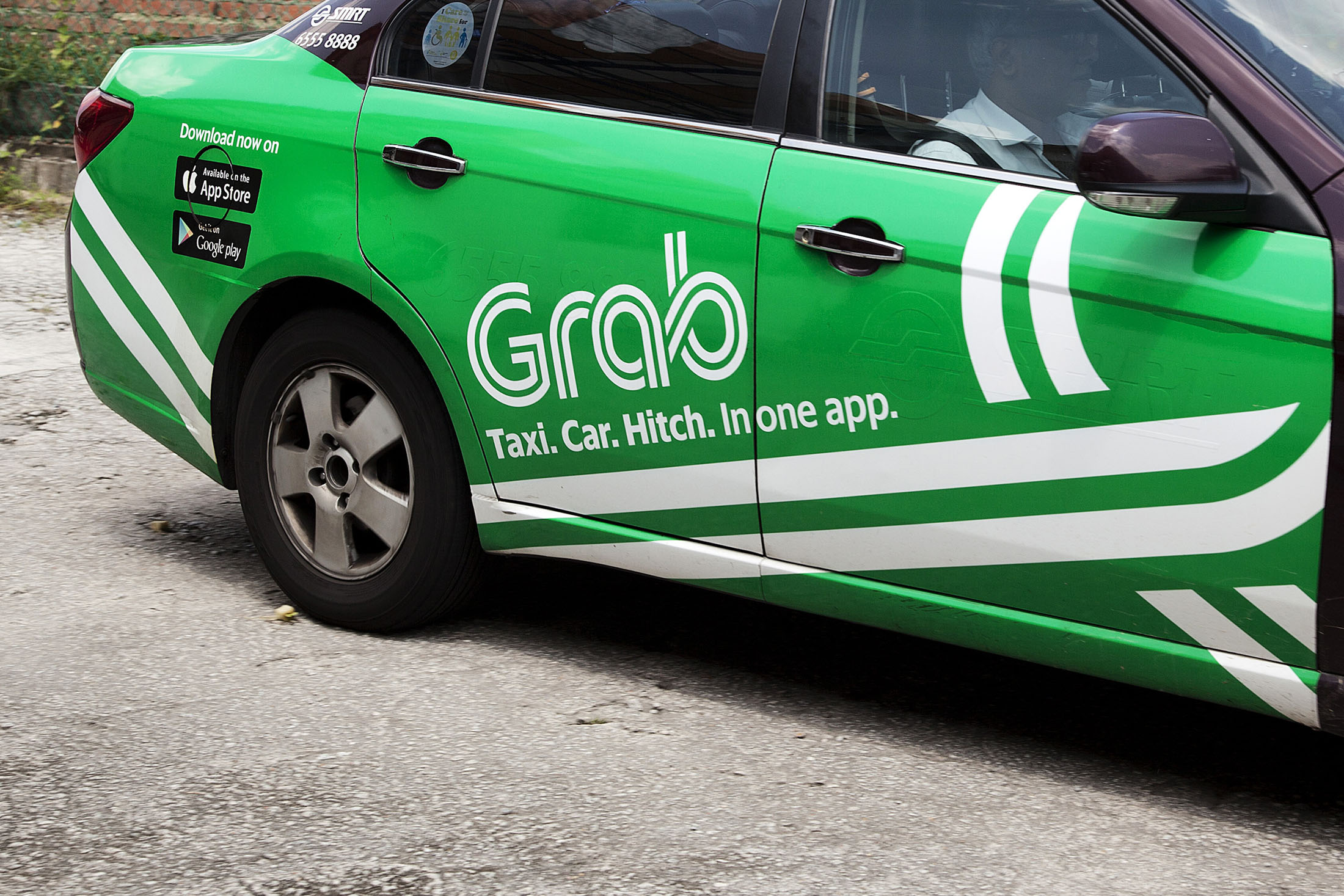Grab raised $2 billion from Didi Chuxing and SoftBank Group Corp. in the largest–ever venture fundraising in Southeast Asia, joining forces with two companies instrumental in driving Uber Technologies Inc. out of China.
The deal cements an alliance between SoftBank, Didi and Grab, which competes against Uber in markets from Malaysia to Thailand. The Singapore-based ride hailing company said Monday it expects to close another $500 million from unspecified new and existing backers. That would take its valuation north of $6 billion, making it the most valuable startup in Southeast Asia, a person familiar with the matter said.
The record financing follows Uber’s retreat from Russia and China, massive markets where Uber spent billions but ultimately capitulated to well-financed and savvy local rivals. In Southeast Asia, it’s waging a costly war against not just Grab but also Go-Jek, which is holding its own on its home turf of Indonesia. The local players have thus far shown greater initiative in terms of launching services such as digital payments, said Ajay Sunder, vice president of digital transformation at Frost & Sullivan in Singapore.
“Grab has been a lot more aggressive than Uber, making new acquisitions and launching new services in the region,” he said. “Uber will have to make a call at some stage.”
SoftBank has been the primary financier of the battle against Uber in Asia, first putting $5 billion in Didi alongside an early investment in Grab and India’s Ola. The Grab round is one of its largest investments in the region, coming on the heels of the establishment of its mega Vision Fund.
It’s a vote of confidence from a company that backed Alibaba Group Holding Ltd.’s battle in China against first EBay Inc. and then Amazon.com Inc. Grab’s relationship with the Japanese company has blossomed since co-founder Anthony Tan first met with SoftBank Chairman Masayoshi Son at the billionaire’s Tokyo office in 2014. The two sealed a deal then with a handshake and SoftBank has backed every funding round since.
“Grab is using technology to address transportation and payments, some of the biggest challenges present in Southeast Asia,” Son said in a statement.
Asia’s largest ride-hailing services are arming themselves for war with Uber, now that the cessation of activities in China and Russia allows it to focus on other fledgling markets around the world. Southeast Asia -- a region on the cusp of an internet commerce boom with twice as many people as the U.S. -- remains a wide-open field that could prove pivotal if Uber is to sustain growth beyond the U.S. and Europe.
When it closes, the current investment in Grab will eclipse a previous regional record of $750 million set in September, in a round said to have given it a valuation of more than $3 billion. Go-Jek, better known for its motorcycle taxis, raised $550 million in a 2016 round led by KKR & Co. and Warburg Pincus LLC. On Monday however, Grab said it has 95 percent of third-party taxi-hailing in Southeast Asia and handles 71 percent of private vehicle hailing, and has almost 3 million daily rides.
Grab may be preparing for an initial public offering, possibly within a year, said Frost & Sullivan’s Sunder. “When you have your existing, anchor investors putting in a larger share like this, that’s typically a way to fund the last investment stage before the IPO,’’ he said
For its part, Uber is grappling with a litany of issues back home, including a string of scandals revolving around gender discrimination and the departures of senior people from former Chief Executive Officer Travis Kalanick on down. Its shareholders and board, led by early backer Benchmark, have discussed selling some of their shares to SoftBank and other potential investors, people familiar with the matter have said. – Bloomberg
